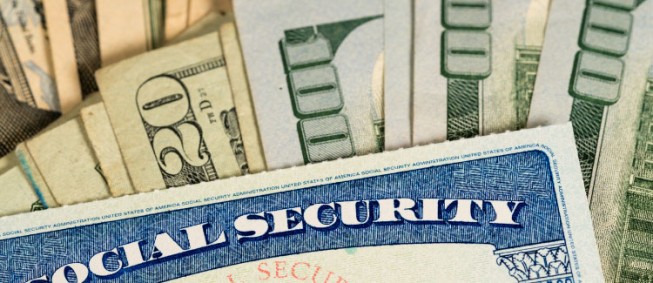In this day in age, it is important to know that scams come in a variety of different shapes and sizes. Most recently, there has been an increase in Government Grant Scams. According to the Federal Trade Commission, Government Grant Scams can be described as, “Offers of free money from government grants. Someone might offer you a grant to pay for education, home repairs, home business expenses, or unpaid bills.”
It may seem obvious that the government would never get in touch with you out of the blue to offer free money, but there are a number of tactics these scammers use to try and trick you. They often reach out in a variety of ways such as online ads, calling with a fake government caller ID, or convincing texts and e-mails. Scammers will also attempt to to ask you for private information or bank account information to deposit “grant money” to pay for up-front fees. In fact, after taking your money they may even offer you a refund, but that is a lie. Once you give out your account information, or pay any sort of “fees” your money is gone.
To prevent this sort of scam from happening to you there are a few things to watch out for. Like mentioned before, the government won’t get in touch with you randomly about grants. They won’t call, text, reach out through social media, or e-mail you. Real government grants require an application. The single most important tip is to never share your financial or personal information with anyone who contacts you.
In the unfortunate case that you have given out your personal information or paid a scammer, act quickly. Call your bank, cancel that card number, or ask to have that account closed. Additionally, report the incident to the Federal Trade Commission (FTC) at ReportFraud.ftc.gov.

